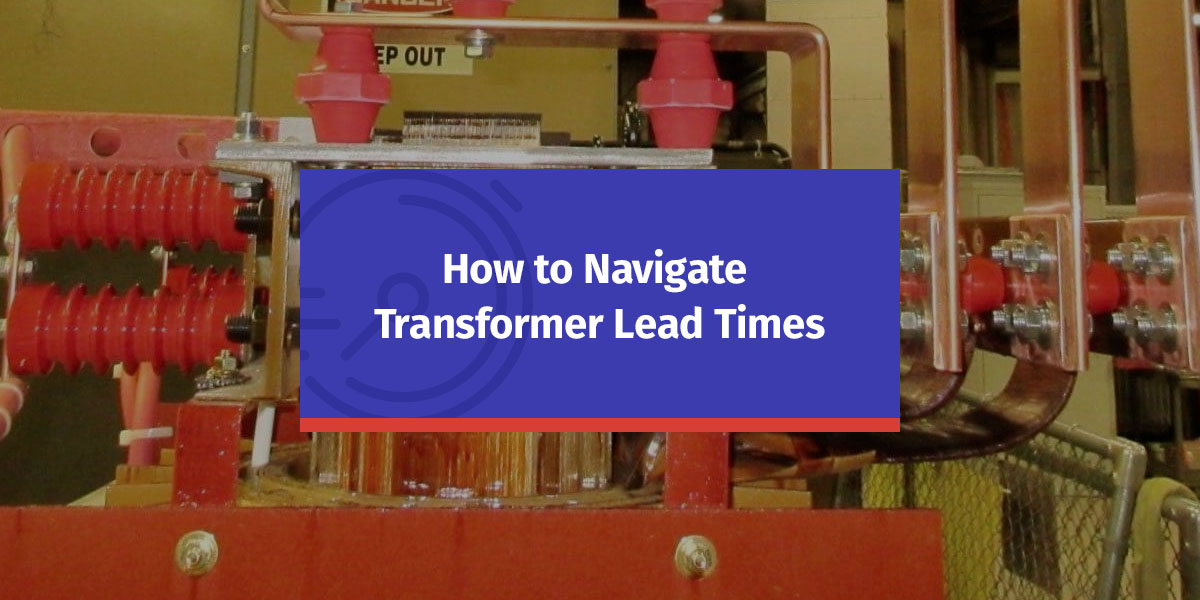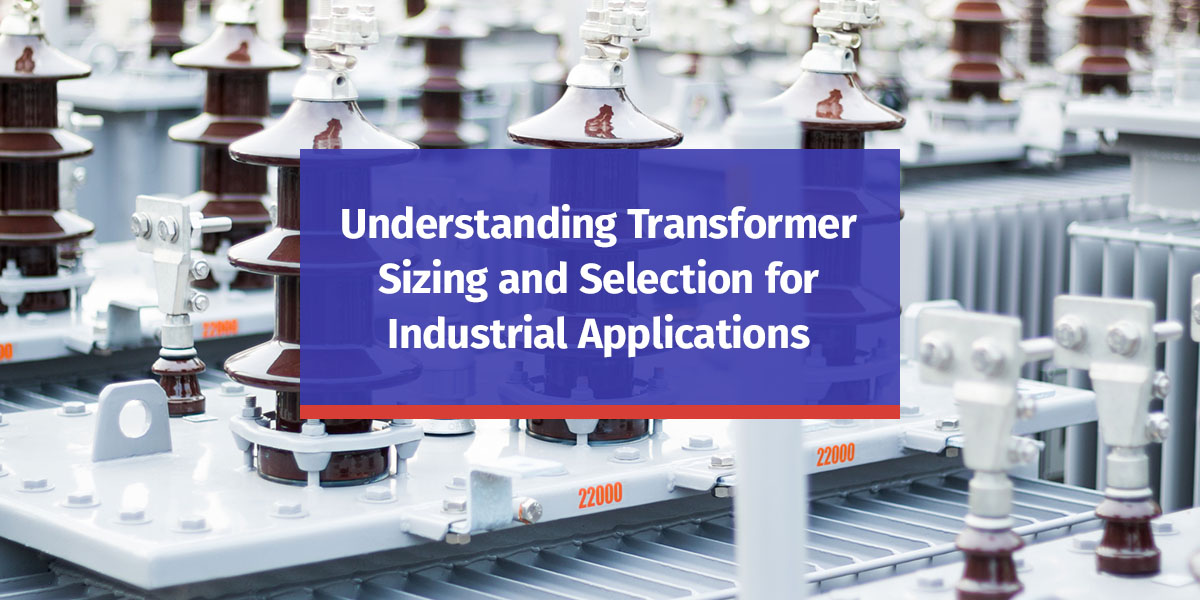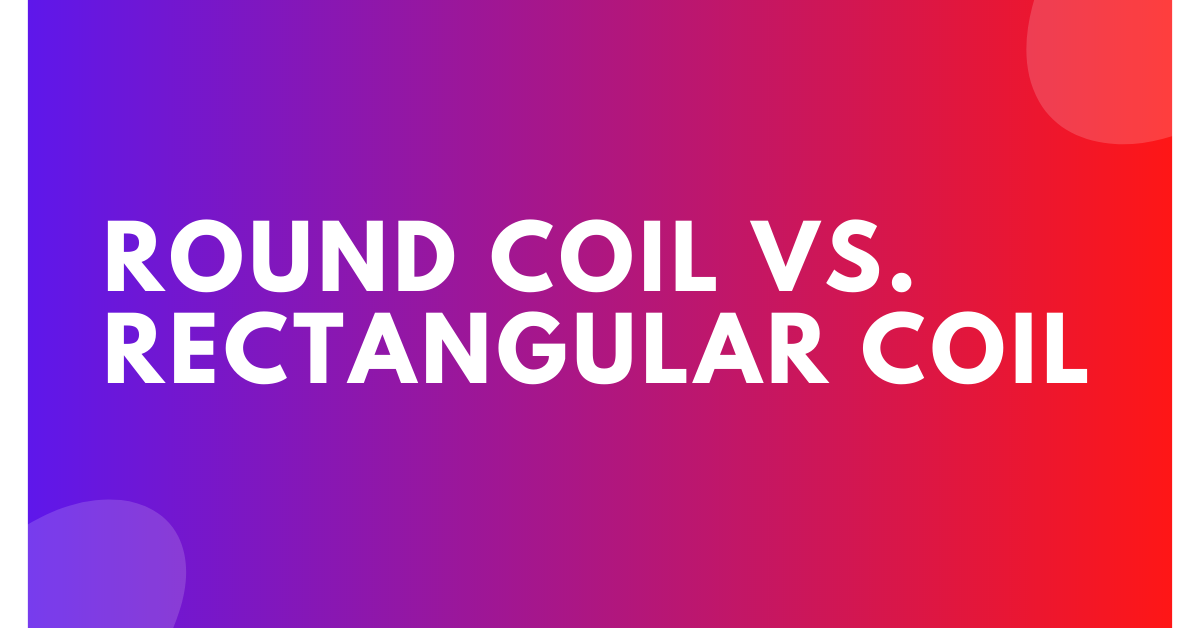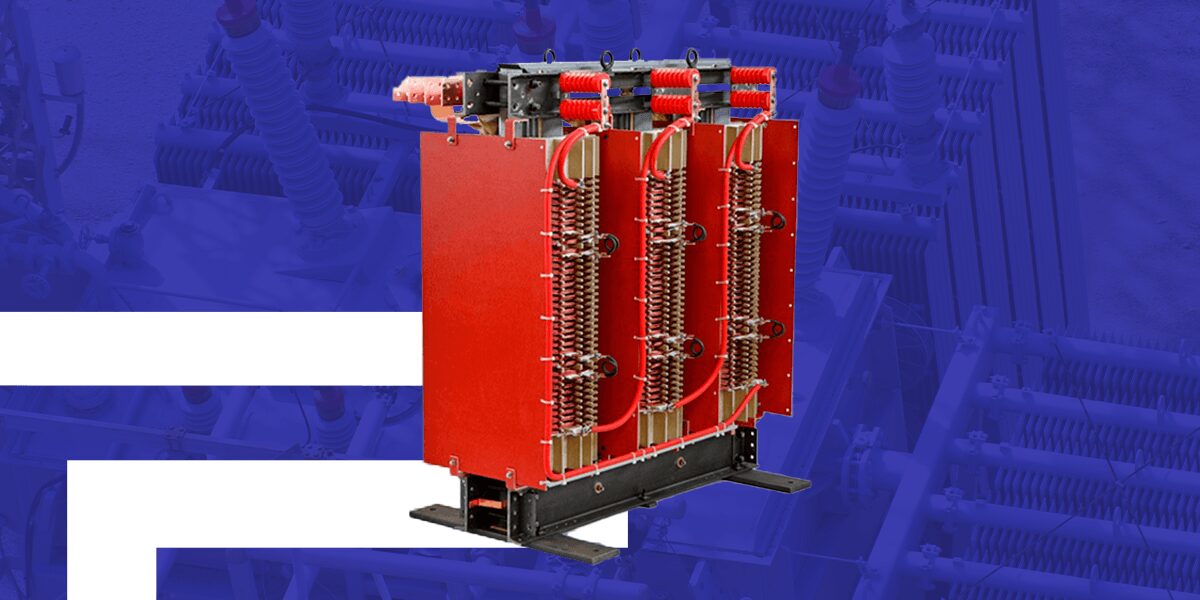How to Navigate Transformer Lead Times
Reliable power keeps facilities operational, protects critical equipment and ensures essential services remain uninterrupted. Transformers help maintain that stability by converting primary power to usable voltages that systems can safely utilize. When a unit fails, operations can come to a halt until a replacement transformer arrives. The current lead time for a custom dry type transformer often […]
Read MoreAverage Lead Times of Padmount Transformers in 2026
Supply chain challenges have resulted in widespread disruptions since mission-critical processes rely on delayed materials sourcing and manufacturing procedures. Padmount transformers are among these critical systems that often face long lead times for new units. When your existing system stops functioning, these lead times can set your operation back. Understanding lead times for 2026 can […]
Read MoreAverage Lead Times of Dry Type Transformers in 2026
Disruptions to the national supply chain have increased lead times across industries. For mission-critical systems, like transformers, these long lead times can cause undue downtime. It’s important to understand the expected lead times for 2026 and how you can address transformer needs despite supply chain challenges. How Long Does It Take to Get a Dry […]
Read MoreUnderstanding Transformer Sizing and Selection for Industrial Applications
Choosing the wrong size transformer can cause premature equipment failure, hours of unplanned downtime and thousands of dollars in wasted energy. Despite these risks, some managers and maintenance supervisors do not take the necessary steps when purchasing a new or replacement unit for their facility. Selecting the right transformer goes far beyond finding a size […]
Read MoreDisc Wound vs. Layer Wound Transformer
One of the most common questions when selecting a medium voltage transformer is whether to choose a disc wound or a layer wound option. Understanding the difference between layer and disc winding in transformers is crucial for optimizing your medium voltage applications, as each type features unique benefits and drawbacks. Call Us Today Differences of Disc vs. Layer Wound […]
Read MoreCopper vs. Aluminum Dry Type Transformer Windings
Dry type transformers typically feature either copper or aluminum windings, also known as coils. Transformer windings refer to the coils within the transformer that draw and distribute power inside the unit. There are typically two windings in a dry type transformer — one that draws power from the source and another that transfers that power […]
Read MoreRound Coil vs. Rectangular Coil for Transformers
Substation transformers use round, rectangular or, less commonly, oblong core and coil assemblies. Coils facilitate the transformer’s magnetic flux flow. Coils and transformers work together to optimize performance based on design and application requirements. The transformer’s core shape determines the coil type. In other words, round iron cores must use round coils and so on. But […]
Read MoreTypes of Conductors Used in Dry Type Transformers
Dry type transformers usually contain windings — or coils — that act as conductors. Transformer builds typically have primary windings and secondary windings. The primary windings create input power flow, while the secondary windings convert the power and transmit it to the load through input leads. Transformers with disc windings have conductors wound on the flat […]
Read MoreDifferent Degree C-Rise Options for Dry Type Transformers
Transformers are electromagnetic devices that change the voltage levels in a circuit. Most dry type transformers contain primary and secondary windings around a magnetic steel core. Power from the incoming voltage source flows through the primary winding, while the secondary winding converts the energy and transmits it to the load. The core supports the windings […]
Read MoreHow to Determine What Electrical Transformer Your Company Needs
Choosing a transformer to support a facility or commercial space can seem daunting, especially if you don’t know what kind you need. One of the first steps in buying a transformer for a commercial or industrial building is determining which rating your transformer needs. A transformer’s rating comes from its voltage-ampere (VA) capacity, which must […]
Read More







